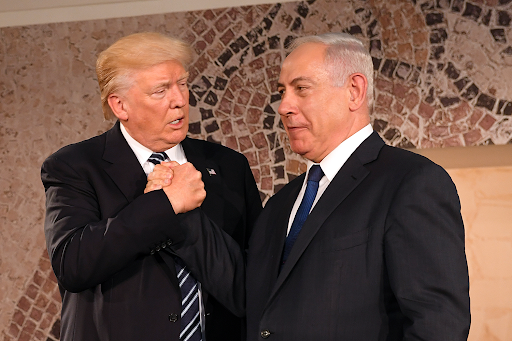A fundamental clash over the “day after” in Gaza is set to dominate Monday’s meeting between President Donald Trump and Prime Minister Benjamin Netanyahu, threatening to derail a broader U.S. peace plan. While the American proposal includes a detailed vision for post-war governance, Netanyahu has rejected its core tenets.
The U.S. plan, developed with Arab partners, envisions the establishment of a Gaza International Transitional Authority. This UN-backed body, potentially led by a figure like former UK premier Tony Blair, would be responsible for stabilizing the territory. The ultimate goal is to hand over control to a reformed and revitalized Palestinian Authority (PA).
This is where the U.S. and Israeli positions diverge sharply. Netanyahu has repeatedly and forcefully dismissed any role for the PA in post-war Gaza. Citing the PA’s previous failure to prevent the Hamas takeover in 2007, he has expressed profound skepticism about its ability to be reformed, telling Fox News it is unlikely to “change completely and accept a Jewish state.”
This disagreement over governance is more than a minor detail; it is a central obstacle to a comprehensive peace agreement. For the U.S. and its Arab allies, a viable political path for Palestinians is essential for long-term stability. For Netanyahu, it represents a potential security risk that he is unwilling to take.
As Trump and Netanyahu meet, their ability to find common ground on this critical issue will be paramount. Without an agreed-upon plan for who will govern Gaza after the fighting stops, any ceasefire or hostage release deal could prove to be temporary, leaving the region vulnerable to future conflict. The debate over the “day after” is truly a debate about the possibility of a lasting peace.

